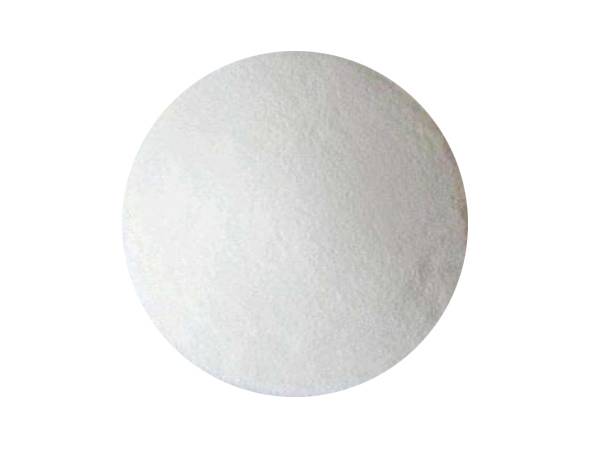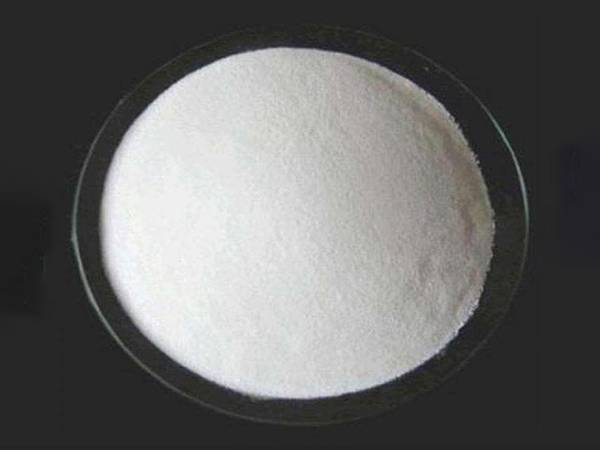



High Purity Potassium Persulphate 7727-21-1 | Reliable Supplier
Website: https://www.fizachem.com
Telephone: 0086-311-87718167
Mobile: 0086-13832382079
Email: james@fizachem.com
Address: Zhongyuan Building No.368 Youyi North Street, Shijiazhuang, China
Appearance: Crystalline powder
CAS No: 7727-21-1
EINECS No: 231-781-8
Molecular Formula: K₂S₂O₈
HS Code: 28334000
More details: Potassium Persulphate


Potassium Persulphate (also spelled as potassium persulfate or even sometimes mis-typed as potasium persulphate) is a white, crystalline, inorganic compound with the chemical formula K2S2O8. Identified by its CAS number 7727-21-1, this high-purity oxidizing agent plays a fundamental role across industries, from polymerization initiators in plastics, etching agents in electronics, to powerful cleaning and bleaching in the textile and paper sectors (ScienceDirect: Potassium Persulfate).
HEBEI FIZA TECHNOLOGY CO., LTD., with a global footprint and strong R&D, is a reliable supplier delivering consistent, high-quality potassium persulphate for both conventional and advanced manufacturing needs. This page reviews its chemical parameters, latest industrial trends, advanced application scenarios, product data, and answers to technical questions — to support informed sourcing and application decisions.
The potassium persulphate market is projected to see moderate but steady growth, thanks to increasing demand in electronics, water treatment, polymer production, and environmental applications. According to MarketsandMarkets, the Asia-Pacific region dominates due to strong manufacturing infrastructure and rapid urbanization. Environmental regulations are also driving the need for high purity persulphates as green oxidants (Ref: Royal Society of Chemistry: Emerging uses of persulfate).
- Polymer industry adopts potassium persulphate as an efficient initiator in emulsion polymerization.
- Semiconductor and electronics etching increasingly rely on high-grade, ultra-low metal persulfates.
- The textile and paper industries require premium, impurity-controlled potassium persulfate for bleaching and fabric treatment.
- Ongoing innovation in soil remediation and water treatment leverages its strong oxidative capability.
| Parameter | Value/Specification | Relevance |
|---|---|---|
| Chemical Name | Potassium Persulphate / Potassium persulfate | Nomenclature for identification/labeling |
| CAS Number | 7727-21-1 | Global chemical registry reference |
| EINECS No. | 231-781-8 | European commercial regulatory code |
| Formula | K2S2O8 | Chemical identity |
| Assay | ≥99.0% | Purity as per PubChem Reference |
| Appearance | White crystalline powder | Visual check, quality indicator |
| Decomposition Temp. | ~100°C (releases O2) | Process, handling safety |
| Moisture | ≤ 0.15% | Stability, longevity |
| pH (1% sol.) | 4.0-6.0 | Ensures optimal activation |
| SDS | Potassium persulfate SDS | Safety Data Sheet as per global standards |
- Polymer Industry: Used as a radical initiator in emulsion polymerization — e.g., in the synthesis of PVC, polyacrylamide, acrylates, SBR latex.
- Electronics/PCB Manufacturing: High-purity potassium persulphate serves as a copper etchant for precise patterning.
- Textile & Paper Bleaching: Efficient, residue-free bleaching and desizing agent, improving fabric brightness without harsh chlorine.
- Cosmetics and Hair Care: Used as a bleach in professional hair coloring products (strictly regulated, must adhere to ECHA safe limits).
- Soil & Water Remediation: Promotes advanced oxidation processes—removes organic pollutants, oil spills, and persistent contaminants (DOI:10.1016/j.jhazmat.2019.121134).
- Mining Industry: Used in ore flotation and in gold extraction processes as a powerful oxidant.
- Other Uses: Photoengraving, analytical reagent, explosives, rubber hardening, and more, highlighting versatility (PubChem Potassium Persulfate).
For occupational safety, Potassium Persulphate SDS (Safety Data Sheet) compliance is compulsory. Refer to our up-to-date SDS sheet: Download SDS. Key safety aspects:
- Store in a cool, dry, ventilated area away from combustibles.
- Avoid inhalation or skin contact: use gloves, goggles, and local exhaust where dust is present.
- Decomposes at high temperatures, releasing oxygen—a potential fire hazard when mixed with organics.
- Flush spillages with ample water; do not mix with strong acids or reducing agents (see details in SDS (SDS PDF)).
- State-of-the-art synthesis and strict QC assure >99% purity with controlled trace metals and excellent particle size distribution.
- Full documentation: COA, latest potassium persulfate SDS, technical/analytical support.
- Custom packaging (1kg, 10kg, 25kg, jumbo bags), labeling, and logistics by sea or air.
- Responsive technical support team: james@fizachem.com | Tel: 0086-311-87718167
- Excellent track record with global customers in polymers, electronics, advanced manufacturing.
1. What is the primary difference between potassium persulphate (K₂S₂O₈) and sodium persulphate (Na₂S₂O₈)?
2. What are typical specification grades for industrial potassium persulphate?
- PURITY: ≥99.0% (Elite Electronics Grade), 98.5-99.0% (Standard Industrial), <98% (noncritical uses).
- Moisture: ≤0.15% (high stability, long shelf life).
- Impurities (Pb, Fe, heavy metals): ≤5 ppm for semiconductor-grade.
3. Is potassium persulphate compatible with all polymers?
4. Does potassium persulphate degrade upon storage?
5. What are typical packaging forms?
6. How does its Safety Data Sheet (SDS) assist in workplace compliance?
7. Are there eco-toxicity or regulatory limits for potassium persulphate?
Official Site: www.fizachem.com
Email: james@fizachem.com
Tel: 0086-311-87718167 | Mobile: 0086-13832382079
Address: Zhongyuan Building No.368 Youyi North Street, Shijiazhuang, China
Looking for a trusted potassium persulphate partner? Click to learn more and get a quote.
The global shift toward environmental responsibility, advanced materials, and regulatory rigor is elevating the requirements for potassium persulphate. HEBEI FIZA TECHNOLOGY CO., LTD. stands at the forefront, delivering consistently high-purity K2S2O8, full documentation (including potassium persulfate SDS), and responsive technical support.
To deepen your knowledge, we recommend exploring the latest on ScienceDirect: Technical Advances in Persulfate Oxidation and participate in the industry forum at Chemical Forums: Persulfate Purity Discussions for forefront insights.
- Royal Society of Chemistry – Emerging Uses of Persulfate for Environmental Applications (Link)
- ScienceDirect – Potassium Persulphate: Industrial Usage (Link)
- PubChem – Potassium Persulphate Chemical Profile (Link)
- ECHA Database & Safety Information (Link)
- MarketsandMarkets – Persulfates Market Insights (Link)
- Chemical Forums – Persulfate Application FAQ (Link)
-
Why Sodium Persulfate Is Everywhere NowNewsJul.07,2025
-
Why Polyacrylamide Is in High DemandNewsJul.07,2025
-
Understanding Paint Chemicals and Their ApplicationsNewsJul.07,2025
-
Smart Use Of Mining ChemicalsNewsJul.07,2025
-
Practical Uses of Potassium MonopersulfateNewsJul.07,2025
-
Agrochemicals In Real FarmingNewsJul.07,2025
-
Sodium Chlorite Hot UsesNewsJul.01,2025










